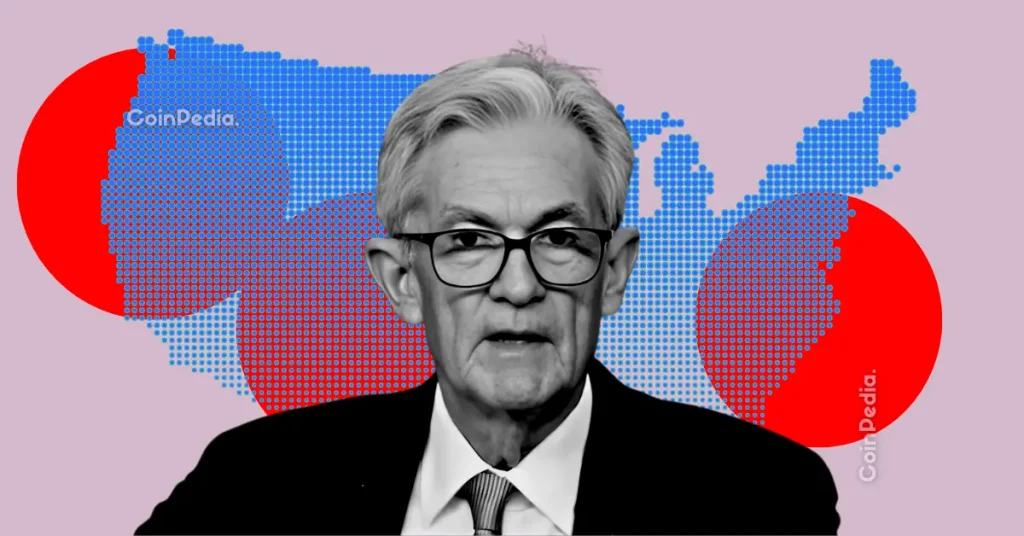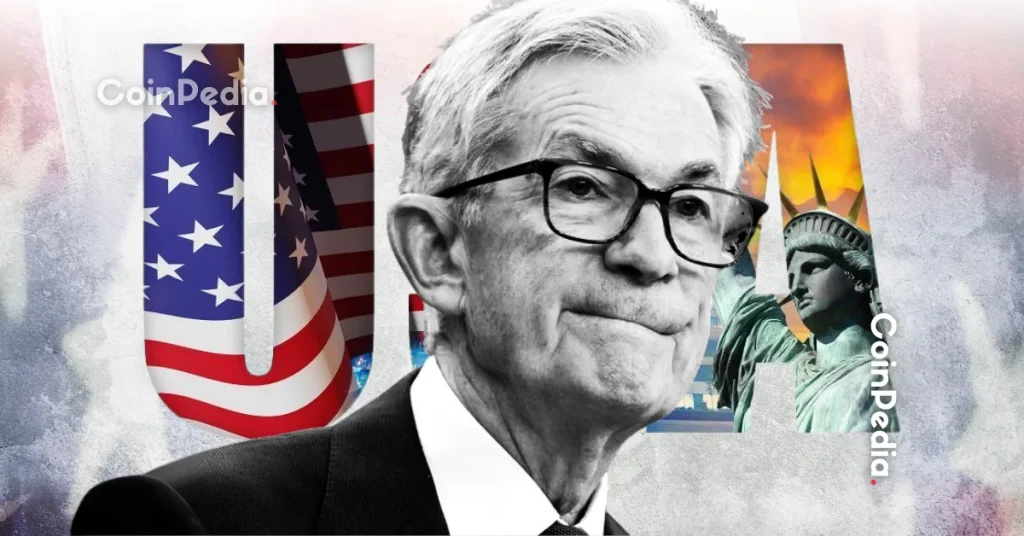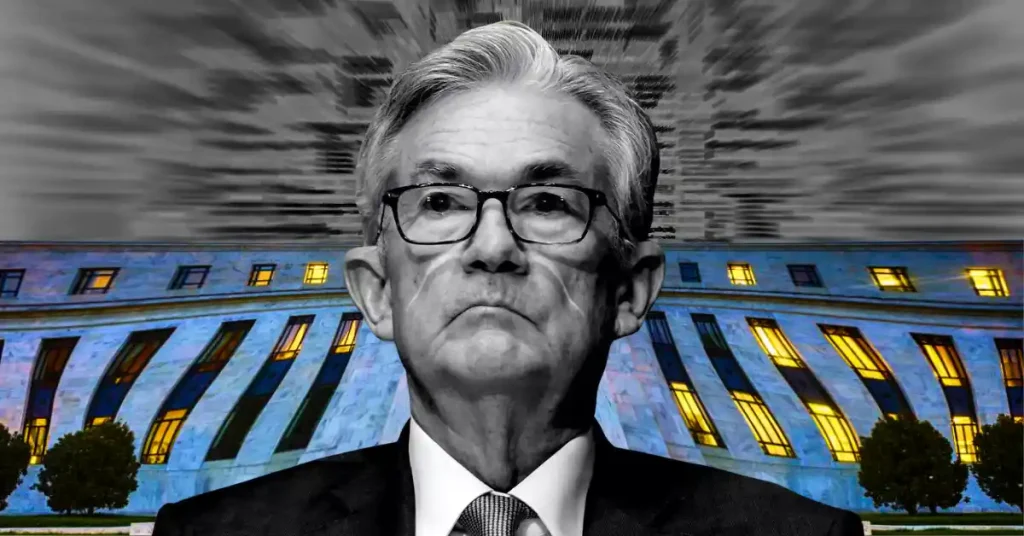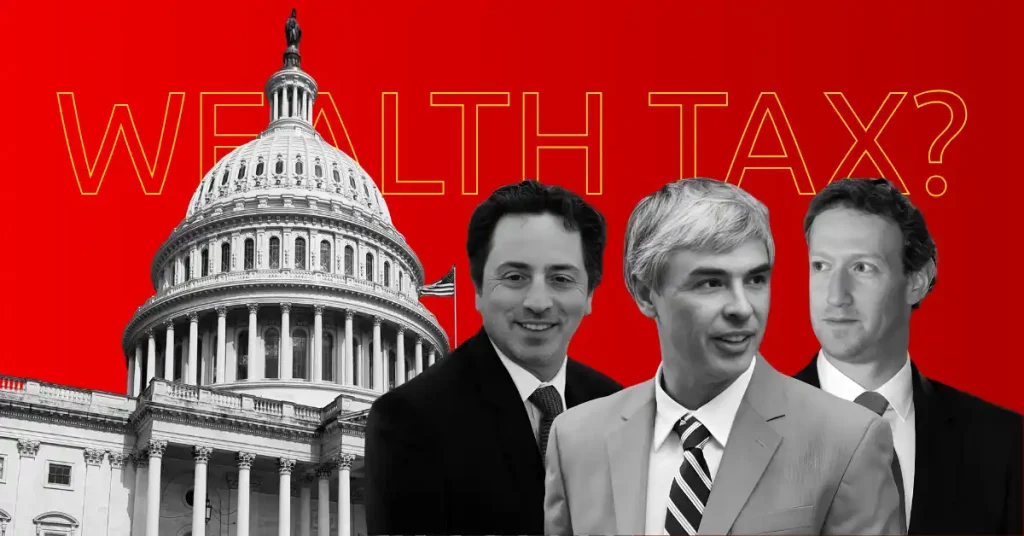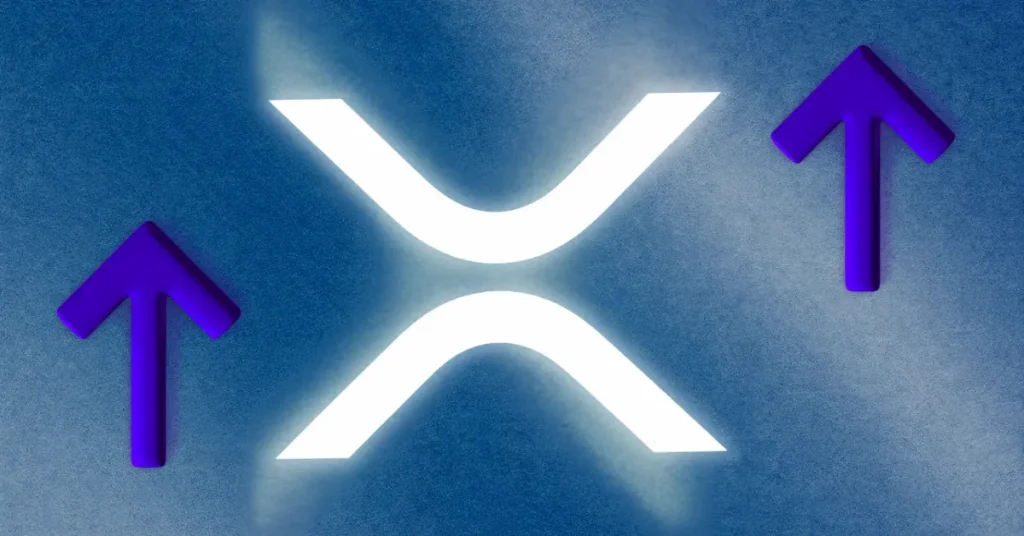Vanguard Group is considering allowing trading of crypto-focused exchange-traded funds on its platform. The decision would open access for more than 50 million clients, who collectively hold about $11 trillion in assets with the firm. At present, the company does not manage any crypto ETFs, and its clients are blocked from buying Bitcoin or Ether ETFs managed by other firms. A Vanguard spokesperson allegedly confirmed the review to Crypto in America , saying, “We continuously evaluate our brokerage offer, investor preferences, and the evolving regulatory environment. If and when a decision is made, clients will hear directly from Vanguard.” This cautious language reflects years of resistance, during which the firm labeled crypto “immature” and warned that it could cause “havoc” in long-term portfolios. Former Chief Executive Officer Tim Buckley flatly declared the company would never launch a Bitcoin fund. Founder Jack Bogle once went further, telling investors to avoid the coin “like the plague.” Salim Ramji pushes change as new Vanguard chief The discussion around crypto gained new weight when Salim Ramji, a former BlackRock executive, took over as CEO last year. Salim became the first outsider to lead the company, breaking a tradition where every leader had been trained by Bogle himself. Unlike Tim, Salim has shown openness to blockchain and Bitcoin, signaling a break from the hostile stance that defined Vanguard for decades. His leadership coincided with the rollout of spot Bitcoin ETFs in January 2024, which stunned Wall Street with record inflows. A few months later, regulators approved the first spot Ether ETFs, adding momentum to the sector. Together, these ETFs now oversee more than $142 billion. BlackRock’s IBIT fund dominates the space with about $84 billion, while nearly $24 billion of that sum came in during 2025 alone, making IBIT one of the top five funds for inflows across all U.S. ETFs. The surge has been impossible for large firms to ignore. President Donald Trump’s White House has embraced crypto, while hedge funds, pensions, and banks have committed billions. BlackRock’s ETHA fund, focused on Ether, has amassed about $15 billion in assets. Bloomberg ETF analyst Eric Balchunas said the wave of demand explains the review. “The astounding success of the ETFs added a lot to the pressure. Had Bitcoin ETFs been a flop, I don’t think they would consider lifting the ban,” Eric said. Vanguard weighs tradition against market pressure At 55, Salim is attempting to satisfy long-time employees still loyal to Bogle while answering the calls of investors who want crypto access. He once had ambitions at BlackRock and now has to prove himself in a culture that mistrusts outsiders. His task is balancing new opportunities with what Vanguard is famous for: cheap, passive investing. Bogle’s most famous advice, “Don’t look for the needle in the haystack. Just buy the haystack!” still defines the firm’s strategy. Today, Vanguard’s index funds dominate workplace retirement plans, with assets under management swelling by about $2.5 trillion in the last three years. Hundreds of billions of dollars are added annually through direct deposits. “The age of Bogle is alive and well, and part of my mission here is to make sure that we advance and extend it for decades to come,” Salim said recently while speaking on campus, wearing jeans, a pale-blue shirt, and a dark blazer. But sadly, Vanguard’s average fee has dropped to only about 0.07%, and costs are rising, raising doubts about whether that model can keep helping the company with its ambitious expansion. Meanwhile, its top competitor BlackRock has solved the problem by using stock to buy private investment firms that generate higher fees, while Vanguard is owned by the investors in its funds, lacks public stock, and has no intention of pursuing acquisitions. Sign up to Bybit and start trading with $30,050 in welcome gifts



